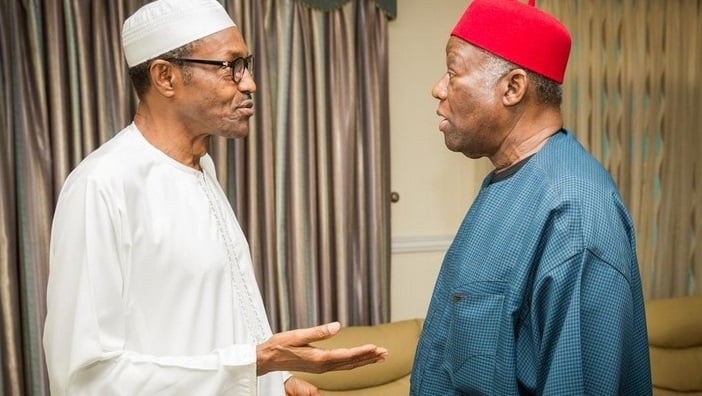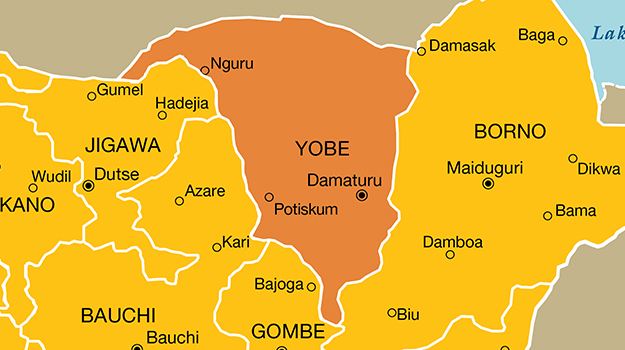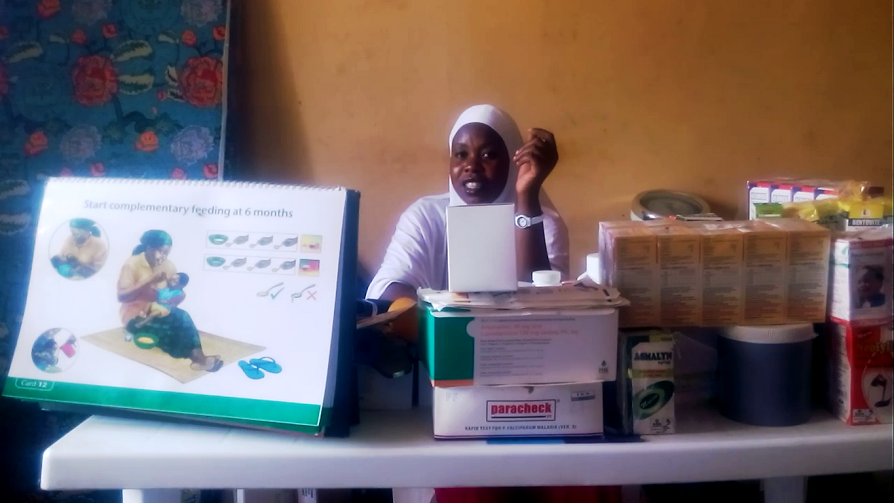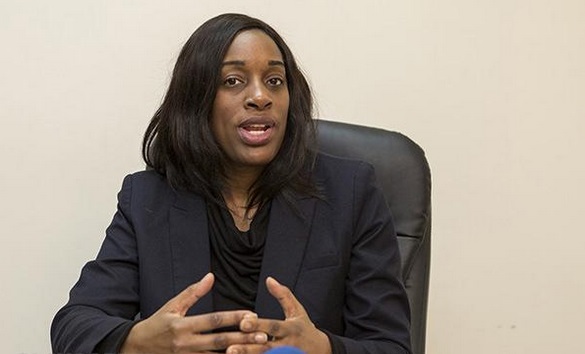Voters across the United Kingdom are currently deciding the composition of the next government of the country, but there have been a few cases of voter disenfranchisement.
After six weeks of electioneering, polling stations opened at 7am and close at 10pm in the UK’s 650 constituencies.
Results from the first constituencies are expected before midnight and the final result is due on Friday afternoon.
As well as the general election, there are more than 9,000 council seats being contested across 279 English local authorities and six mayors – in Bedford, Copeland, Leicester, Mansfield, Middlesbrough and Torbay – will be elected as well.
Advertisement
A total of 650 Westminster MPs will be elected while there are 3,971 candidates vying to take up a seat in the House of Commons.
There are 533 parliamentary constituencies in England, 59 in Scotland, 40 in Wales and 18 in Northern Ireland.
The parties are therefore trying to get 326 seats to command a majority.
Advertisement
About 50 million people registered to vote, but party leaders were among the first to cast their ballots.
Conservative leader David Cameron cast his vote at Spelsbury Memorial Hall in Witney, Oxfordshire, accompanied by wife Samantha, while Labour leader Ed Miliband and his wife Justine headed into a polling station at Sutton Village Hall in Doncaster North.
UKIP leader Nigel Farage cast his vote at Eastcliff community housing office in Ramsgate, Thanet South, and Liberal Democrat leader Nick Clegg voted in Sheffield Hallam with his wife Miriam Gonzalez Durantez.
Natalie Bennett, leader of the Green Party, voted at Ossulston Tenants’ Hall in the London constituency of Holborn and St Pancras, while SNP leader Nicola Sturgeon voted at Broomhouse Community Hall in Ballieston, Glasgow.
Advertisement
Some votes had been cast before Thursday through postal voting and for the first time, people have been able to register to vote online.
In some parts, though, dozens of people planning to vote were turned away from polling stations in parts of east London and Dorset, as IT glitches meant they were not registered on the electoral roll despite many having polling cards.
Other Britons abroad complained that postal votes have arrived too late to guarantee their exercise of their democratic rights.
In Hackney, where at least 30 people queued to complain outside the town hall, Alix Rowe was one of those left disenfranchised by the problems.
Advertisement
The 23-year-old registered to vote before the deadline but did not receive a polling card. Knowing that it was not necessary to have a polling card, she went to two local polling stations but was told her name was not registered and they could not help her.
“I feel like a right has been taken away from me,” she told TheGuardian.
Advertisement
“One of my colleagues had the same problem but was told they would try and process it today, although there was no guarantee, but that option wasn’t given to me. It seems ridiculous. Everyone’s saying how close the election is, how important it is to vote.”
Advertisement
Add a comment





